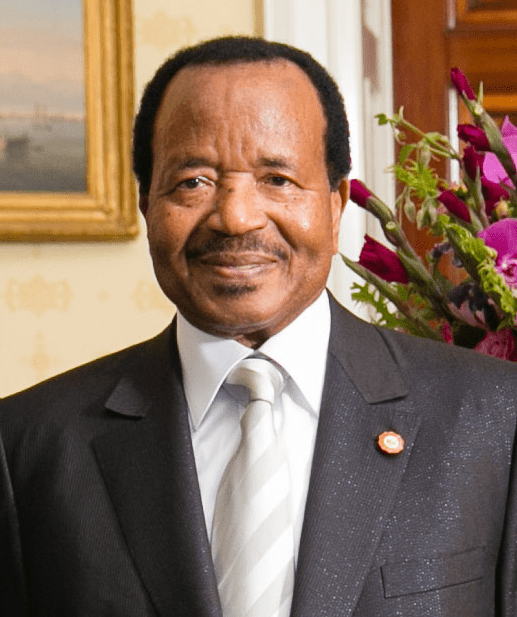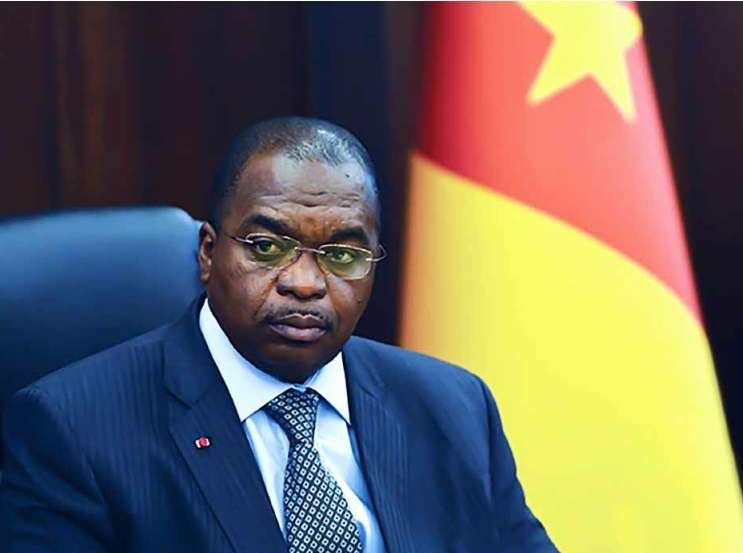The UN under-Secretary General and Executive Secretary of the UN’s Economic Commission for Africa (ECA), Vera Songwe and Cameroon’s Finance Minister, Louis Paul Motaze have reviewed the country’s efforts in its COVID-19 effort.
The discussion by both parties highlighted the need for Cameroon to move fast with innovative financing, industrial clustering and digital transformation while facilitating its COVID-19 fight though massive vaccination.
This is against the backdrop of an extraordinary summit of Economic and Monetary Community of Central Africa (CEMAC) Heads of State chaired on August 18, 2021.
Furthermore, participants were addressed by Cameroon’s President Paul Biya on the theme “Review of the Economic, Monetary and Financial Situation in the CEMAC Zone and Analysis of its Prospects.”

Ms Songwe acknowledged Cameroon’s commitment to the AU’s African Vaccine Acquisition Trust (AVAT) formed in collaboration with ECA and Afreximbank. Earlier this month, the AVAT procured and shipped a first consignment of 148,500 doses of the Johnson & Johnson single-shot vaccine to Cameroon.
That notwithstanding, she maintained that more needs to be done, especially on the financial front in order to cushion the cataclysmic impact of the pandemic on African economies.
In this regard, she stated that it was necessary to carry on with the common position of African finance ministers made during an ECA-convened meeting in March 2021.
She advocated for the reallocation of 25% to 30% of a US$425 billion Special Drawing Rights basket aiming to plug global gap in financing against the pandemic. By this, Africa’s equivalent share of SDRs would be between US$162 billion and US$195 billion.
Africa’s Debt Service Suspension Initiatives
Moreover, Debt Service Suspension Initiatives (DSSI) and other innovative means of financing Africa’s way through this pandemic period needed follow up, she intimated.
As such, she pointed to the Liquidity and Sustainability Facility (LSF) launched by ECA and the investment management firm PIMCO last March.
The LSF aims to reduce governments’ borrowing costs by increasing demand for their sovereign bonds. This, Ms Songwe said, could save Africa US$11 billion of interest on loans in just five years.
“Let us therefore build an institution which would outlive us and help Africa secure sustainable financing for its development” she suggested.

Also, finance for Cameroon’s broadband and strong digital economy was another major issue discussed. ECA’s Executive Secretary acclaimed the enthusiasm of Government, the private sector, young people and women to advance the digital economy with hubs such as the Silicon Mountain in Buea.
Minister Louis Paul Motaze perused a pamphlet on the successful partnerships between Cameroon and ECA since 2017 and took special interest in the GIS-enabled geospatial planning and investment tool.
ECA conducted a recent series of training of Cameroonian officials in systematically integrating urbanization into national development plans, which he took cognizance of. The training was to deal with a rising influx of people into urban areas projected to reach 70% by 2050.
Therefore, he requested ECA’s support to help the country manage its rapid urbanization better. The areas of assistance include identifying growth and development opportunities beyond urban settlements and recalibrating rural development.
READ ALSO: Ghana: AfDB’s $7.4 million project to close revenue mobilization gap



















